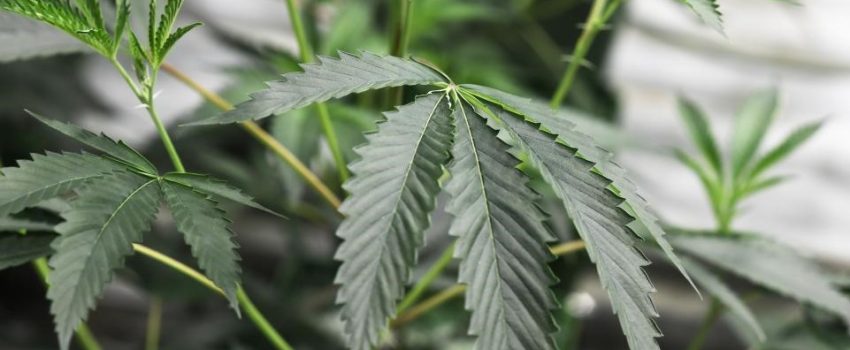The Justice Department (DOJ) began the New Year by injecting uncertainty into the legal cannabis market by rescinding an Obama-era edict that prevented the DOJ from aggressively pursuing federal marijuana law violations.
On Thursday, the DOJ took action in reversing the previous administration’s hands-off policy that was in place under the “Cole Memo.” Attorney General Jeff Sessions issued a memo that said US attorneys would continue to enforce federal drug laws, regardless if the state had legalized cannabis.
The 2013 Cole Memo, addressed the increasing number of states that had legalized marijuana in some fashion by providing investigative and prosecutorial guidance to federal prosecutors with respect prioritizing the allocation of DOJ resources, especially with respect to prosecution of marijuana businesses operating in in compliance with applicable state regulations. Specifically, the 2013 Cole Memo outlined eight enforcement priorities and suggested that the DOJ should focus its prosecutorial efforts in states with legalized marijuana that had not adopted robust regulations that were aligned with the enforcement priorities.
The announcement came as a shock to Washington, with many lawmakers voicing outrage that the administration would reverse course on its position concerning enforcement of Federal laws in states where marijuana is legal.
In the three-paragraph memo, Sessions said, “The previous issuance of guidance undermines the rule of law and the ability of our local, state, tribal, and federal law enforcement partners to carry out this mission.”
Sessions went on to say that he is simply directing the department to revert to original prosecutorial discretion available before the Obama policy and that it was necessary to combat criminal organizations that had been given “safe-haven” to skirt state cannabis laws with virtual impunity.
Sessions has long been critical of marijuana use, saying that the drug paves the way for more serious drug use and leads to violent criminal activity.
However, Justice Department officials said the memo did not contain language explicitly changing enforcement policy or guidelines on how law enforcement will approach marijuana enforcement in states that have legalized its use.
Nevertheless, that didn’t stop members of Congress from criticizing the move, with Republican Sen. Cory Gardner (CO) threatening to hold up the nomination process for DOJ officials unless current policy is changed. Colorado legalized the recreational use of marijuana in January 2014.
Others were just as quick to back the change, with Colorado U.S. Attorney Bob Troyer saying that his office is already guided by the policy and that he is “focusing in particular on identifying and prosecuting those who create the greatest safety threats to our communities around the state.”
“We will, consistent with the Attorney General’s latest guidance, continue to take this approach in all of our work with our law enforcement partners throughout Colorado,” Troyer said.
Senior Justice officials attempted to clarify the memo, saying that the notice has no safe-haven in it, allowing the Justice Department to return to the “rule of law” when dealing with individuals or organizations that continue to operate outside of federal and state cannabis laws.
“This memorandum is intended solely as a guide to the exercise of investigative and prosecutorial discretion,” the memo said. Sessions went on to say that he is directing all “U.S. Attorneys to use previously established prosecutorial principles that provide them all the necessary tools to disrupt criminal organizations, tackle the growing drug crisis, and thwart violent crime across our country.”
White House spokesperson, Sarah Huckabee-Sanders, said that the president supports the position and that he “strongly believes that we should enforce federal law.”
Some industry experts claim that the DOJ action is aimed at placing the legal cannabis industry (and those states which have legalization schemes) on notice that the federal government will be watching.
It appears that Sessions has now drawn battle lines between states that choose to legalize and the federal government. It is unclear whether or not the rescission of the Ogden and Cole Memos will result in the Federal prosecution of cannabis businesses operating in compliance with state regulations. Regardless, until the extent of enforcement by the DOJ becomes clear, there will be some chilling effect on the infusion of cash into the rapidly growing cannabis industry. Many are hoping that the current action by AG Sessions will ultimately lead to legalization at the Federal level as a result of Congressional action to conform Federal law to the position of the majority of states and voters in the US.
For lenders who are making loans to the cannabis industry there does not appear to be any clear guidance about what actions the federal government may take, if any. Many in the cannabis industry are celebrating the DOJ move as this should finally force the Federal & State inconsistency to a final resolution by Congress. Geraci LLP will continue to monitor the situation and provide guidance to our clients.






